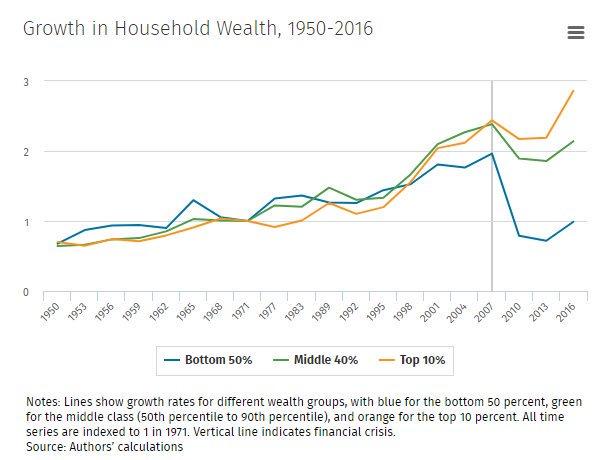
IPFS News Link • Federal Reserve
Fed's Kashkari Says It's Time For The Federal Reserve To Start Redistributing Wealth
• Zero Hedge - Tyler DurdenIt may come as a surprise to some younger Americans, but the US did not always have income tax. In fact, one of the main catalysts behind the American Revolution and resulting War of Independence was the colonial protest against British taxation policy in the 1760s. Then, in the beginning, the independent nation collected taxes on imports, whiskey, and (for a while) on glass windows, even as states and localities collected poll taxes on voters and property taxes on land and commercial buildings. In addition, there were state and federal excise taxes. But all throughout, there was no official income tax for nearly a century and a half.
Yet while the United States imposed income taxes briefly during the Civil War and the 1890s, it was not until the 16th Amendment was ratified that the US permanently legalized a federal income tax in 1913. Incidentally, that was the same momentous year - just before the start of World War I - that another milestone event in US history took place: the birth of the Federal Reserve. Shortly thereafter, states also began collecting sales taxes in the 1930s.
Ever since then, the history of US taxation has been on of "optimal" outcomes, of progressive policies, and ultimately, of wealth redistribution according to whatever party or ideological bent was in control.
Yet no matter what one though of US tax policy, one thing was immutable: it was always and only in the hands of the Federal and State government to impose whatever taxation was deemed appropriate. For better or worse, tax was synonymous with politics.
That may be changing.
Fast forward to 2019, when after a decade of unprecedented inequality spurred by the Federal Reserve's policies, which made the rich richer, and the poor and middle classes poorer to the point that just 1% of the US population now owns as much wealth as the middle and lower classes combined...
... the same "apolitical", private Federal Reserve, which is owned by a handful of commercial banks and whose members have never been subject to election by the general population...





























